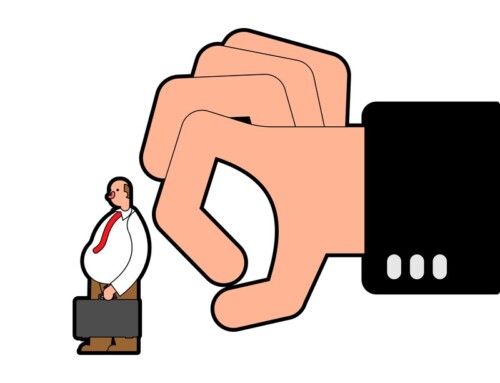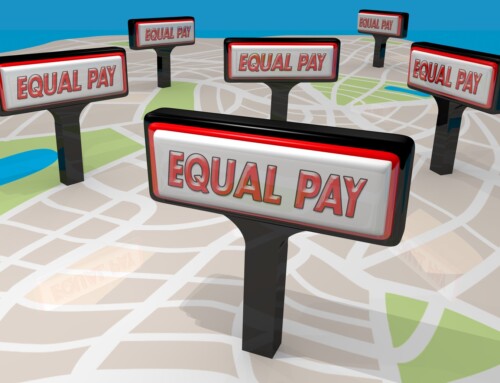 Do business people find their current workplaces to be satisfactory? And how does team spirit affect the satisfaction and motivation of workers?
Do business people find their current workplaces to be satisfactory? And how does team spirit affect the satisfaction and motivation of workers?
A questionnaire conducted by JMA Research Institute Inc. will now be examined.
◆Are you satisfied with the team spirit of the group to which you currently belong?
Over half of respondents found the team spirit of their groups to be satisfactory (10.9% were very satisfied; 43.6% were somewhat satisfied). However, while approximately 60% of those in their 20s and 60s were satisfied, more than half of those in their 50s as well as non-permanent employees were dissatisfied.
Reasons for satisfaction included: “We help each other in times of difficulty” (39.6%), “We are able to innovate and make progress with our work in our own ways” (27.2%), “We share information with each other and learn from each other” (22.2%), and “It is clear which roles we are expected to fulfill” (18.2%). Meanwhile, reasons for dissatisfaction included: “I am not evaluated fairly” (24.0%), “We do not help each other in times of difficulty” (21.8%), and “We are unable to tell each other what we really think” (21.3%).
When asked whether or not their team leaders have been able to improve team spirit, 60% of those who were satisfied with their teams answered “yes,” while over 50% of those who were dissatisfied answered “no.” In this way, those who were satisfied in terms of team spirit seem strongly inclined to find appeal in favorable interpersonal relations.
◆What are some phrases that you do not like to hear from your superiors?
When asked about phrases that respondents disliked hearing from their superiors, the most popular answer was “You are not useful” (33.8%). In second place was “Are you not able to do that?” (32.6%), and in third place was “Do not do more than what is necessary” (23.4%). Next was “Do this because the higher-ups said so” (21.5%), “Do you have the motivation for this?” (16.5%), “Think for yourself” (11.5%), and “I am not listening” (10.8%).
◆What are some phrases said by your superiors that give you motivation?
On the other hand, when it came to motivational phrases, “Thank you” (35.1%) ranked first, “Well done” (23.9%) ranked second, and “You are working hard” (19.8%) ranked third. Additional phrases were “Good idea” (17.5%), “Good work today” (17.4%), “You are the only one who can do this” (17.1%), and “I expect great things from you” (16.0%). Words of gratitude and appreciation from superiors appear to be linked to the improvement of workers’ motivation.




